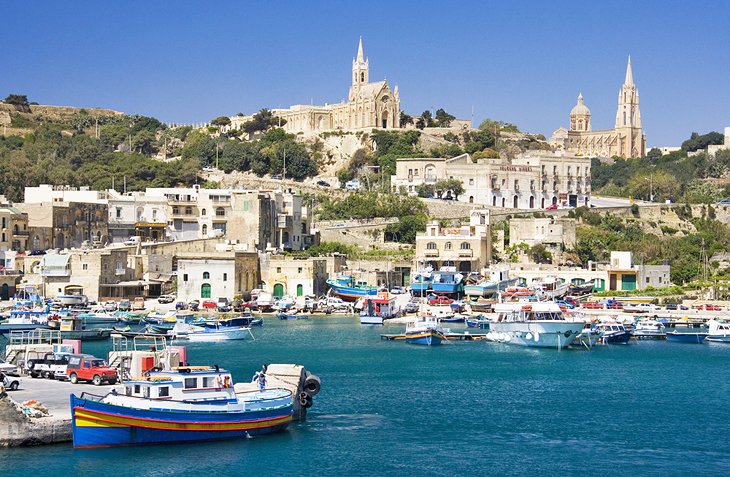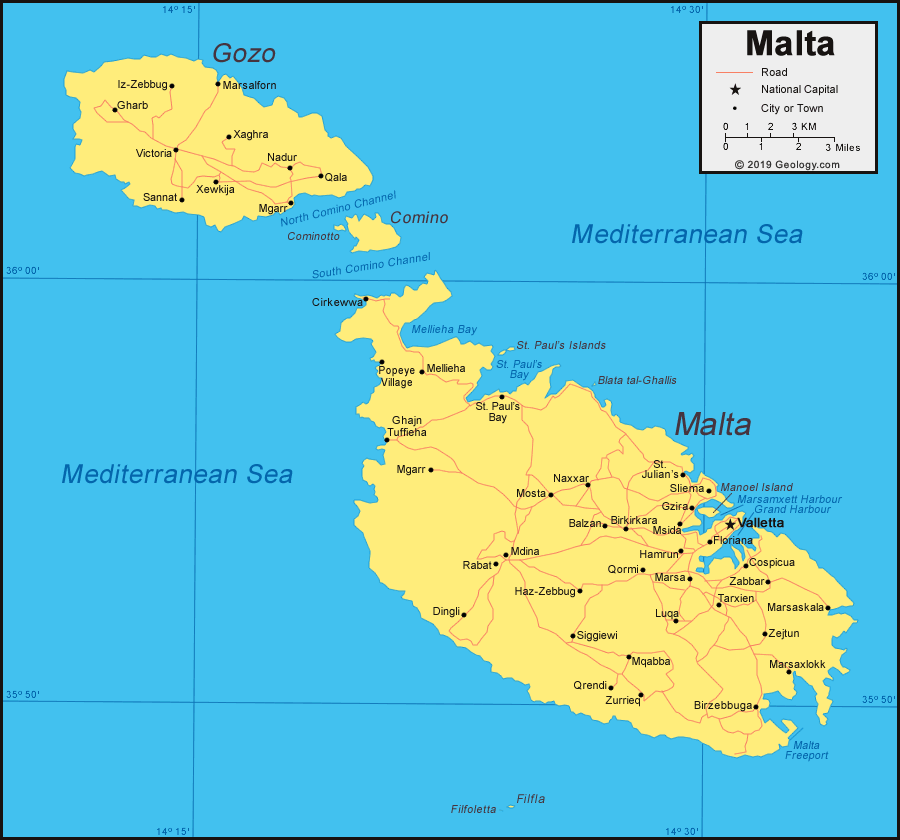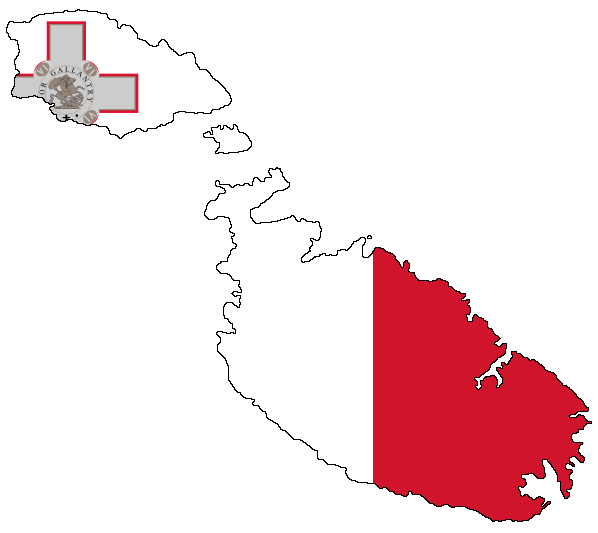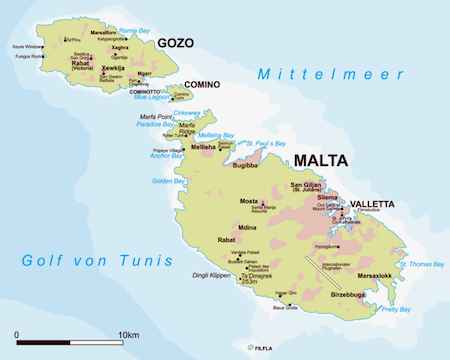I. Introduction
Malta is known for its conservative stance on abortion resulting in the ban of the practice, except in cases where the life of the mother is at risk.
Recently, a 35-year-old woman was denied an abortion in Malta and later publicly shared her story, sparking a controversy about the restrictive abortion laws in Malta.
This article will explore Malta’s laws on abortion, the recent case, and its implications for women’s rights in Malta and globally.
II. Background
Malta’s laws banning abortion are some of the strictest in the world. In 2018, the country’s parliament amended the constitution to clarify that access to abortion is only permitted when the life of the mother is in danger.
The law punishes anyone who procures or assists in the procurement of an abortion with a prison sentence of 18 months to three years, with heavier penalties for those who perform the procedure, while a doctor who acts to save the mother’s life is not subject to criminal liability.
The conservative anti-abortion stance in Malta stems from the country’s Catholic values and the influence of the Church.
The Church in Malta has expressed its disapproval of any form of abortion, and this has informed Malta’s policies on women’s reproductive rights.
III. The Case
Recently a 35-year-old woman, who was forced to continue her pregnancy due to Malta’s restrictive abortion laws, shared her story publically.
She had discovered she was pregnant after going to the hospital with severe pain and was told that she would have to carry the pregnancy to term regardless of the diagnoses of her suffering from a complex pregnancy or the severe pain it caused her.
She was only permitted to terminate the pregnancy when her health became critically endangered.
Before the procedure, the woman was warned by medical professionals that the primary goal was to save the fetus’s life, not hers.
The woman stated that she had to mortgage her house to pay for the procedure and that this experience was traumatic for her. Women’s rights activists were quick to condemn the Maltese government’s stance on abortion and encouraged calls for a rethink of their legislation.
IV. Women’s Rights in Malta
Malta’s anti-abortion stance presents a significant problem for women in the country. A woman’s autonomy over her own body is not considered a political or human right and is a breach of international law. These restrictions are particularly harmful to women who have a high-risk pregnancy or who have suffered due to severe health problems or trauma.
The irony of Malta’s stance is that seeking medical care overseas to terminate a pregnancy is relatively easy, as European states honor each other’s codes. Still, the Maltese women subject themselves to risk and feeling ashamed or guilty about having to either leave their country to seek medical help or overtly flout the law. Malta’s unwillingness to budge on this issue communicates that they do not prioritize women’s health, safety, and autonomy.
There have been ongoing efforts to change the law to allow women in Malta to access safe and legal abortions. Human rights organizations and women’s rights activists are advocating for the establishment of a harm-reduction model in the country that considers women’s physical, emotional, and psychological well-being.
V. International Perspective
Malta’s anti-abortion laws are in contrast to many other countries worldwide, where access to safe and legal abortion is promoted and, in numerous places, legally protected as a basic human right.
In many countries, women have taken to the streets to protest and demand access to safe and legal abortions, not as privilege but their fundamental right. The global conversation on women’s reproductive rights has taken on particular momentum in recent years following widespread allegations of gender-based violence, societal misogyny, and control over women in political, social, and religious contexts. It is imperative that women can make choices about their bodies.
VI. Conclusion
The recent case of a woman being denied an abortion in Malta has brought attention to women’s rights in the country and worldwide. Malta’s anti-abortion stance is archaic, and the country needs to reconsider its position on the issue to ensure that women’s reproductive rights are protected. The fight for women’s rights and reproductive justice in Malta is ongoing.
It is crucial to advocate for legislation that promotes women’s autonomy and well-being in all aspects of their lives. Women’s rights are human rights, and it is incumbent upon Malta to protect these fundamental rights and improve their laws to better align with a 21st-century understanding of women’s freedoms.
FAQ
Q: Is abortion legal or illegal in Malta?
A: Abortion is illegal in Malta, except in cases where the mother’s life is at risk.
Q: How strict are Malta’s laws on abortion?
A: Malta has some of the strictest laws on abortion globally, with criminal penalties of 18 months to three years in prison.
Q: Are there efforts to change Malta’s laws on abortion?
A: Yes, human rights organizations and women’s rights activists are advocating for the establishment of a harm-reduction model that would allow women to access safe and legal abortions in Malta.
Q. What is the significance of Malta’s anti-abortion laws in the global conversation on women’s reproductive rights?
A. Malta’s anti-abortion laws are archaic and signal a disregard for women’s health and autonomy. Women’s reproductive rights are a pressing human rights issue globally, and cases like this serve as a reminder that the fight for women’s rights is ongoing.













